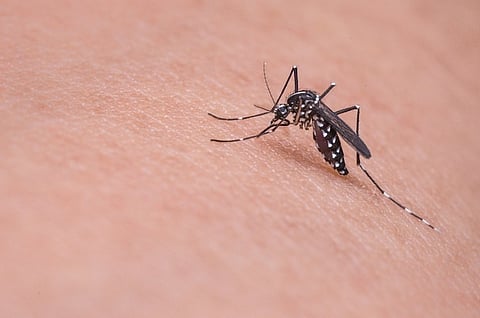

The death of a 7-year-old boy from Kerala’s Malappuram region due to West Nile Fever has put officials from the Karnataka state health department on high alert. Districts which are on the border of Karnataka and Kerala are being placed under observation. Officials have issued alert for the districts of Mysuru, Chamrajnagar, Kodagu and Dakshina Kannada.
“There is no need to panic as there are no such cases in Karnataka. However, as Kerala is an adjacent state, we have taken up preventive strategies,” health officials said.
Following the confirmation of the fever in the Kerala boy, a team of experts from the National Centre for Disease Control (NCDC) visited Malappuram to help authorities gain a better understanding of how to manage the disease.
The state health department is also taking necessary precautions and is stepping up mosquito prevention and control measures in order to reduce any possible transmission of the virus, according to reports.
“We have asked the district health and family welfare officials to screen patients with symptoms of acute encephalitis syndrome for WNV. We are yet to get guidelines from the Centre on this. However, we have sounded an alert in the four districts of Mysuru, Chamarajanagar, Kodagu, and Dakshina Kannada as they are bordering Kerala,” Joint Director of Communicable Diseases Dr Sajjan Shetty reportedly said.
West Nile fever is caused by the West Nile virus which is a member of the flavivirus group. The fever is contracted from infected culex mosquitoes, which in turn contract the virus from infected birds. Though a few sporadic cases have been reported in the country in the past year, it is still a relatively unknown disease in the region.
Symptoms of the fever include fever, vomiting, nausea, skin rashes, myalgia (muscle pain), and swollen lymph nodes.
If there is a severe infection, it can aggravate into West Nile meningitis or encephalitis, which is when the brain and surrounding tissues become inflamed. This can result in neck stiffness, headache, convulsions, and even paralysis, which can lead to a coma.